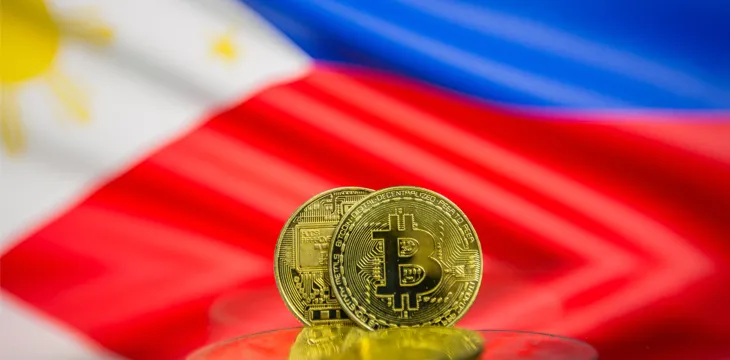|
Getting your Trinity Audio player ready...
|
The Philippines has promised new crypto regulations this year, and they have delivered. In a February 4 press release, the Cagayan Economic Zone Authority (CEZA) rolled out new regulations for cryptocurrencies.
CEZA announced the new Digital Asset Token Offering (DATO) regulations, which will cover crypto assets. CEZA will be the regulating authority for these new rules, and the Asia Blockchain and Crypto Association (ABACA) will be the Self-Regulatory Organization implementing and enforcing the regulations.
The regulations will now require tokens to be listed on the Offshore Virtual Currency Exchange (OVCE), and to confirm arrangements with CEZA-accredited wallet providers and custodians. The rules are also structured in three levels, covering those with assets exceeding $10 million, those between $6 million to $10 million, and those with investments less than $5 million.
Secretary Raul Lambino, CEO of CEZA, said in the release:
“It is our goal to provide a clear set of rules and guidelines that will foster innovation yet ensure proper compliance by actors in the ecosystem. It is our hope that these set of regulatory innovations will take the digital asset sector one step closer to adoption and acceptance by institutions and the traditional financial system.”
The announcement hails the new regulations as a method to encourage investment in the crypto sector n a responsible manner. Lambino explained, “The safeguards built into CEZA’s rules and system will lead to greater investor protection and transparency.”
ABACA is solemn in its responsibility to enforce the new regulations. Their chairperson, Ma. Juanito Cueto, noted, “The rules will remain stringent in assessing the ethics and integrity of companies eyeing to launch Digital Asset Token Offerings.”
This comes on the heels of a promise from the Securities and Exchange Commission (SEC) to introduce new rules in the first half of 2019. The country is sorely in need of additional investor protection, as there have been multiple instances of scam and theft in the past few months.
In October, South Korean and Chinese scam artists were deported from the country for swindling investors out of millions of dollars intended for Bitcoin Core (BTC) investment. November also saw several Chinese nationals arrested for straight up stealing another man’s cryptocurrency.

 07-02-2025
07-02-2025 





